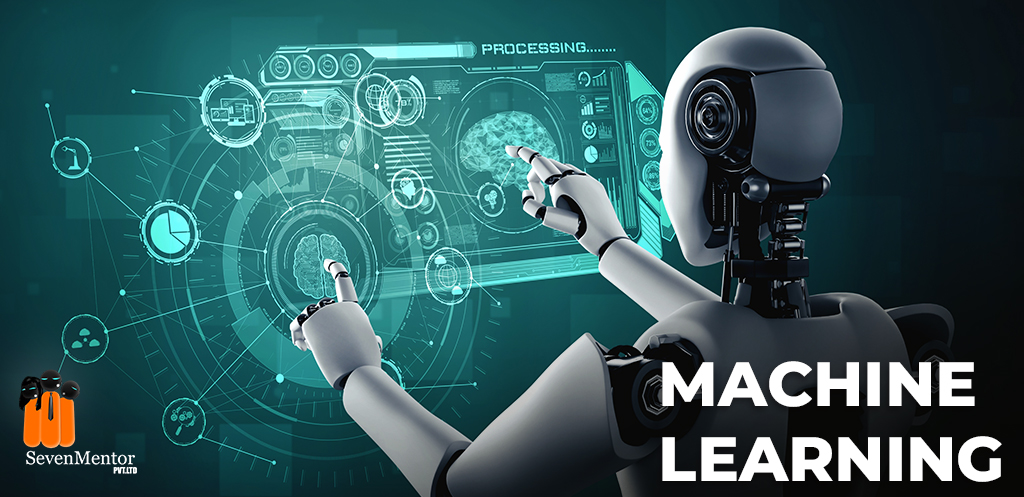
Machine learning offers a diverse range of careers across various industries, reflecting the broad applications and impact of this field. Here are some possible careers in machine learning:
-
Machine Learning Engineer:
- Role: Design, develop, and deploy machine learning models. Responsible for implementing algorithms, selecting appropriate models, and optimizing solutions for specific tasks.
- Skills Needed: Programming skills (e.g., Python, R), knowledge of machine learning algorithms, experience with machine learning frameworks (e.g., TensorFlow, PyTorch), and data preprocessing.
-
Data Scientist:
- Role: Extract insights from large datasets using statistical analysis and machine learning techniques. Data scientists work on tasks like data cleaning, exploration, and model building to solve complex problems.
- Skills Needed: Proficiency in programming languages, statistical analysis, machine learning, data preprocessing, and data visualization.
-
Artificial Intelligence (AI) Research Scientist:
- Role: Conduct research to advance the field of artificial intelligence and machine learning. AI research scientists focus on developing new algorithms, models, and methodologies.
- Skills Needed: Strong research background, expertise in machine learning and deep learning, and a solid understanding of computer science fundamentals.
-
Natural Language Processing (NLP) Engineer:
- Role: Specialize in developing applications that enable computers to understand, interpret, and generate human language. NLP engineers work on tasks such as sentiment analysis, language translation, and chatbot development.
- Skills Needed: Proficiency in natural language processing, machine learning techniques for language understanding, programming skills, and familiarity with NLP libraries and frameworks.
-
Computer Vision Engineer:
- Role: Develop algorithms and models for interpreting and making decisions based on visual data. Computer vision engineers work on tasks such as image recognition, object detection, and facial recognition.
- Skills Needed: Strong background in computer vision, expertise in image processing, deep learning for vision tasks, programming skills, and familiarity with computer vision libraries and frameworks.
-
Data Engineer:
- Role: Build and manage the infrastructure for collecting, storing, and processing large volumes of data. Data engineers play a crucial role in creating the data pipelines that support machine learning workflows.
- Skills Needed: Database management, big data technologies (e.g., Apache Hadoop, Spark), data modeling, and proficiency in programming languages.
-
Quantum Machine Learning Scientist:
- Role: Explore the intersection of quantum computing and machine learning. Quantum machine learning scientists develop algorithms that leverage the capabilities of quantum computers for certain tasks.
- Skills Needed: Understanding of quantum computing principles, expertise in machine learning, and proficiency in quantum programming languages.
-
Business Intelligence (BI) Analyst:
- Role: Analyze business data to provide insights and support decision-making. BI analysts may use machine learning techniques to uncover patterns and trends in data.
- Skills Needed: Data analysis, visualization tools, business acumen, and basic machine learning knowledge.
-
AI/ML Consultant:
- Role: Work as a consultant providing expertise in artificial intelligence and machine learning. Consultants collaborate with organizations to identify opportunities, develop strategies, and implement machine learning solutions.
- Skills Needed: Strong knowledge of AI and ML concepts, effective communication, project management, and the ability to understand business requirements.
-
AI Ethicist:
- Role: Address ethical considerations in AI development and deployment. AI ethicists help organizations navigate ethical challenges and ensure responsible AI practices.
- Skills Needed: Understanding of ethical principles, legal considerations, and the societal impact of AI.
These roles represent a fraction of the diverse career opportunities in machine learning. Depending on individual interests, expertise, and industry preferences, professionals can choose from various paths within this dynamic and rapidly evolving field.
Read More…
Machine Learning Course in Pune | Machine Learning Classes in pune | Machine Learning Training in pune








